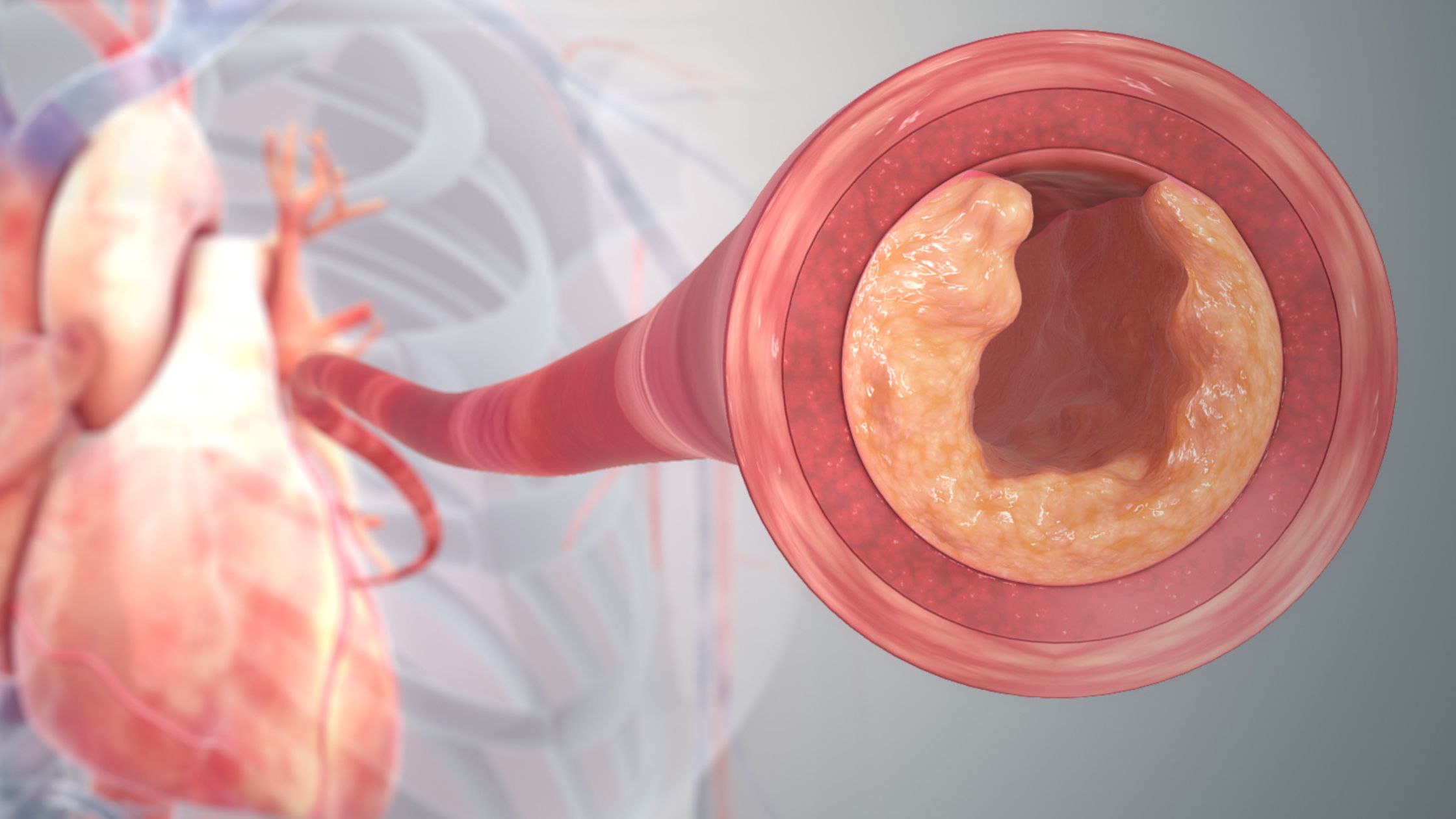10 Signs Your Body Needs Iodine
- One of the signs that your body needs iodine is goiter, which is an enlargement of the thyroid gland.
- Other signs and symptoms include fatigue, increased sensitivity to colds, depression, weight gain, and dry skin.
- To treat iodine deficiency, you need to consume more iodine-rich foods or take supplements.
According to the American Thyroid Association, iodine is essential for the production of thyroid hormones, which help regulate your metabolism, heart rate, and body temperature, among other things.
A lack of iodine can lead to a host of problems, including goiters, mental retardation, and pregnancy complications.
Chronic iodine deficiency can lead to hypothyroidism. Hypothyroidism, or an underactive thyroid, is when your thyroid gland doesn’t produce enough of the hormone thyroxine. This can cause a number of symptoms, including weight gain, fatigue, and depression.
The National Institutes of Health recommends that all adults get 150 micrograms of iodine per day.
So if you’re wondering whether you might be deficient in iodine, watch out for these ten signs.
1. Swelling in the Neck
One of the most common signs of iodine deficiency is an enlarged thyroid gland, also known as a goiter. The thyroid gland is located in the neck, and when it’s enlarged, it can cause the neck to appear swollen. If you notice that your neck seems larger than usual or that you have a lump in your throat that wasn’t there before, it could be a symptom of an iodine deficiency.
2. You Feel Tired All The Time
Iodine helps convert food into energy, so when you don’t have enough of it, you might feel tired even if you’re getting enough sleep. Feeling fatigued all the time can also be a symptom of other health problems, so if you’re experiencing fatigue along with other symptoms on this list, it’s a good idea to talk to your doctor.
3. Unexplained Weight Gain
Unexplained weight gain is yet another sign of iodine deficiency. This is because the thyroid hormone regulates metabolism. When there’s not enough thyroid hormone, metabolism slows down, and weight gain can occur. If you’ve been eating healthy and exercising but still notice an increase on the scale, it could be due to low levels of iodine.
4. Hair Loss
Iodine plays a role in healthy hair follicle growth. If you’re deficient in iodine, your hair follicles may not be able to develop properly, leading to hair loss. About 30% of the people who are iodine-deficient experience some degree of hair loss.
5. Dry Skin
Iodine is also important for maintaining healthy skin. Without enough iodine, skin can become dry, flaky, and cracked. In severe cases, iodine deficiency can even lead to a condition called myxedema coma, which causes extreme swelling in the extremities and face.
6. Increased Sensitivity to Cold
Iodine plays a role in thermoregulation, which is the body’s ability to maintain a consistent internal temperature. If you’re deficient in iodine, you might find that you’re more sensitive to cold temperatures than usual. This is because your body isn’t able to regulate its temperature as effectively without enough iodine.
7. Irregular Periods
In women of childbearing age, iodine deficiency can cause irregular periods or amenorrhea (a complete absence of menstruation). This is because thyroid hormones play a role in regulating the menstrual cycle. When thyroid hormone levels are low due to an iodine deficiency, periods can become irregular or stop altogether.
8. Depression
A lack of iodine can lead to an imbalance of thyroid hormones, which can, in turn, cause a mood disorder. If you find yourself feeling blue more often than usual, it may be a sign that you’re not getting enough iodine.
9. Slowed heart rate
Another symptom of iodine deficiency is a slowed heart rate. This happens because iodine plays a role in ensuring that the electrical impulses that control your heartbeat are working properly. When there’s not enough iodine in the body, those electrical impulses can slow down, causing your heart rate to decrease as well.
10. Learning and memory difficulties
Iodine is also important for cognitive function. Low levels of iodine have been linked to learning and memory difficulties because they can interfere with the formation of new memories and make it difficult to focus and concentrate.
If you find yourself having trouble remembering things or staying focused, it may be due to an iodine deficiency.
Final thoughts
If you’re experiencing any of these symptoms, it’s important to speak with a doctor or medical professional about getting tested for an iodine deficiency.
Iodine deficiency is relatively common, especially in women of childbearing age and during pregnancy, so don’t hesitate to get checked out if you think you might be deficient.
Treatment for an iodine deficiency typically involves taking supplements or eating foods that are rich in iodine, such as iodized table salt, seaweed, eggs, spinach, cod, herring, and shrimp.
Keep reading: 15 Signs of Thyroid Problem






